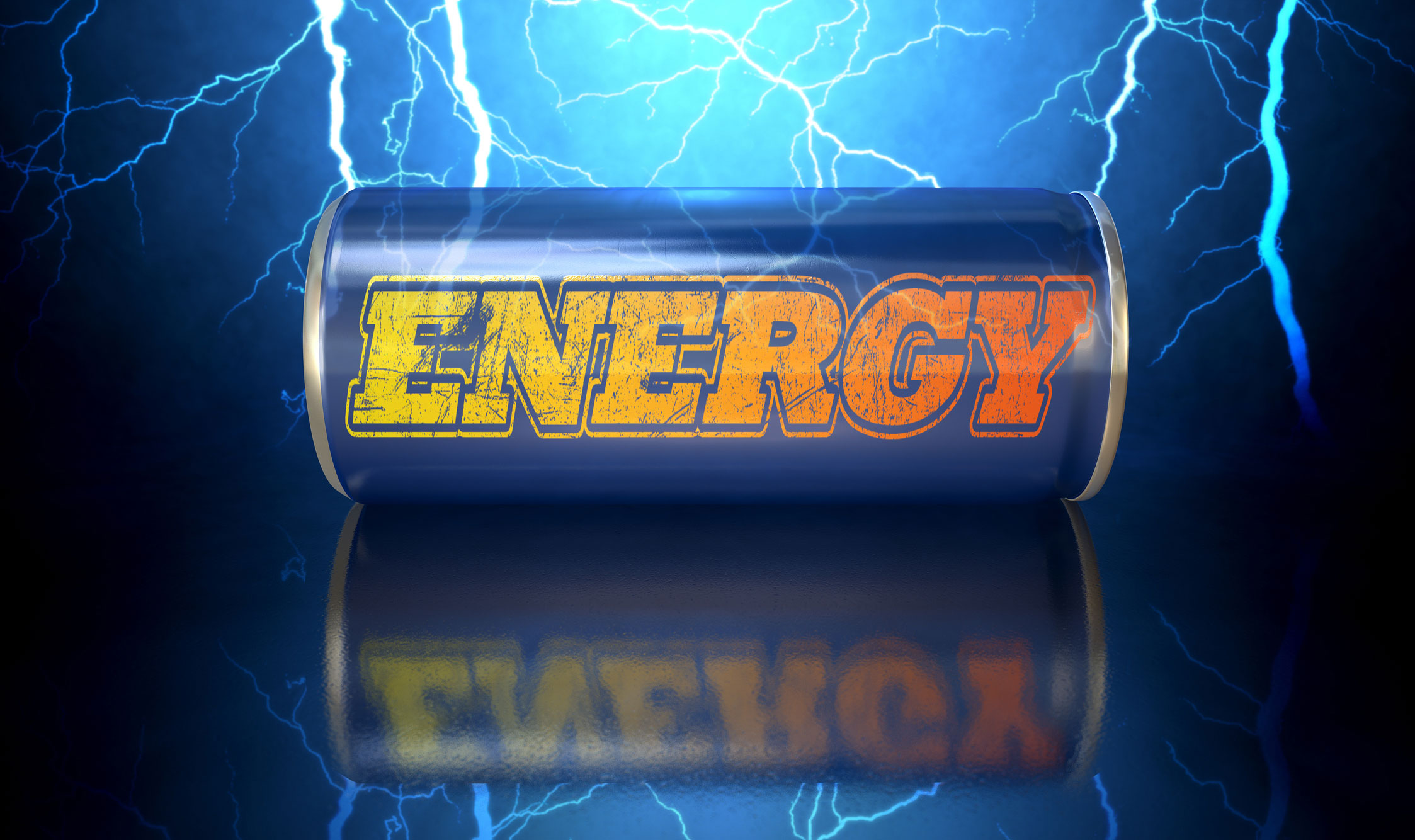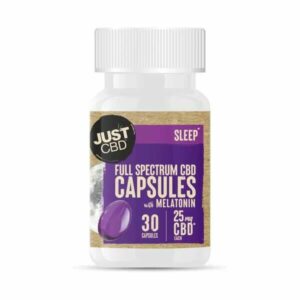Energy drinks have gained immense popularity in recent years, especially among young adults and college students. These beverages are marketed as providing an instant energy boost and increased alertness. However, concerns have been raised about their potential health effects. In this comprehensive guide, we will delve into the pros and cons of energy drinks and explore whether they are good or bad for you.
What are Energy Drinks?
Energy drinks are beverages that typically contain a combination of caffeine, sugar, vitamins, herbal extracts, and other stimulants. They are designed to provide a quick burst of energy and are often consumed to combat fatigue, improve focus, and enhance physical performance. Some common brands include Red Bull, Monster, and Rockstar.
The Good:
- Increased Alertness: One of the main benefits of energy drinks is their ability to enhance alertness and improve cognitive performance. Caffeine, the primary active ingredient in energy drinks, stimulates the central nervous system, leading to increased wakefulness and reduced fatigue.
- Improved Physical Performance: Energy drinks can temporarily enhance physical performance, particularly in endurance activities. Caffeine has been shown to improve endurance, reduce perceived exertion, and increase muscle strength and power.
- Convenience and Portability: Energy drinks are readily available and convenient to consume, making them a popular choice for those in need of a quick energy boost. They can be easily carried in a bag or purchased at numerous locations, making them accessible for people on the go.
- Mental Stimulation: Energy drinks can provide a temporary mental boost, helping individuals stay focused and attentive during demanding tasks or long periods of study. The combination of caffeine and other stimulants can improve cognitive function and increase productivity.
The Bad:
- High Caffeine Content: Energy drinks often contain high levels of caffeine, which can lead to various health problems. Excessive caffeine consumption can cause increased heart rate, high blood pressure, anxiety, insomnia, and even cardiac arrhythmias. It can also lead to dependence and withdrawal symptoms.
- Sugar and Calorie Content: Most energy drinks are high in sugar and calories. Regular consumption of these beverages can contribute to weight gain, tooth decay, and an increased risk of developing conditions like diabetes and obesity. Many energy drinks also contain artificial sweeteners, which have their own set of health concerns.
- Dehydration: Energy drinks, especially when consumed in large quantities or alongside intense physical activity, can contribute to dehydration. The combination of high caffeine content and diuretic effects can increase urine production and lead to fluid loss.
- Adverse Health Effects: There have been reports of adverse health effects associated with energy drink consumption, particularly in susceptible individuals. These include cardiovascular issues, gastrointestinal problems, nervous system disorders, and even rare cases of death, although these cases are relatively rare.
Conclusion:
When considering whether energy drinks are good or bad for you, it’s essential to weigh the potential benefits against the risks. While energy drinks can provide temporary alertness and enhanced physical and mental performance, they also come with potential health hazards, especially when consumed excessively or by individuals with certain health conditions. It is important to be mindful of your caffeine and sugar intake and consider healthier alternatives like water, herbal tea, or natural fruit juices. If you choose to consume energy drinks, do so in moderation and be aware of your body’s response to avoid any potential harm. Always consult with a healthcare professional if you have any concerns or underlying health conditions.
- Benefits of HHC Products - August 12, 2023
- Are Whole Eggs and Egg Yolks Bad for You or Good - August 12, 2023
- Are Energy Drinks Good or Bad for You - August 12, 2023












![Vista Edge [Avocado]](https://acushnetvapor.com/wp-content/uploads/2023/10/Vista-Edge-Avocado-300x300.webp)




